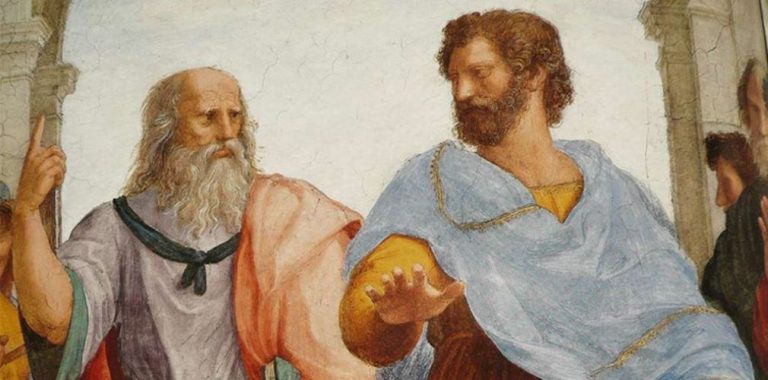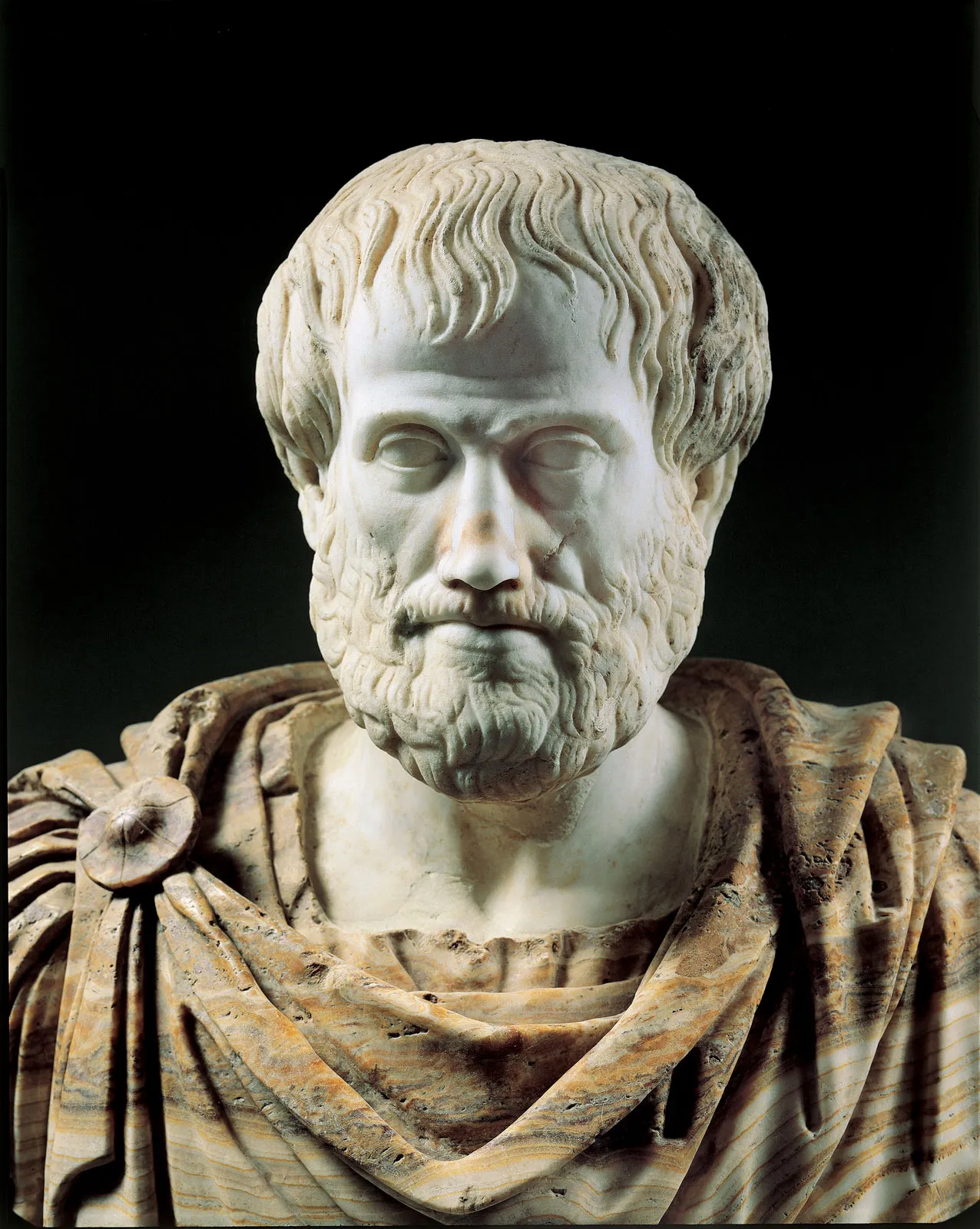
Bhittai and Iqbal showed the truth and reality through their poetry
Ghulam Shehzad Dahri
In the history of English literature, there is subject of literary criticism, which is any critic’s evaluative or judgmental look at any literary work, including its merits, defects, gaps, and the writer’s taste or writer’s contribution.
Plato created the foundation of Greek philosophy, and he is considered as the father of Western philosophy. According to him, there should be an ideal society which he thought is a class-based society. He says, each individual should act in responsible roles according to his own free will in relation to his class. He declared that poets should be expelled from the ideal society.
“There is no place for these poets because they deceive people about rational truth and reality,” Plato had said. According to him, in his theory Mimesis, where he describes the reality of poets, what they do, truth is separated from reality twice. He said that “philosophy is better than poetry” because philosophers experience reality without imitating anything, while poetry fosters illusions in people’s minds and directs them to low impulses such as feelings, emotions, sadness, instead of discovering the high impulses found by philosophy.
 There is no place for these poets because they deceive people about rational truth and reality – Plato
There is no place for these poets because they deceive people about rational truth and reality – Plato
He further said that poets imitate what someone already imitates, as when an artist paints something that has already been imitated. From someone else, reality is something that someone else’s poets only imitate something created by someone else not their own. He further argued that the poet misrepresented the gods as in Greek philosophy and all poets lead people to immoral paths. He criticizes the poets.
On the contrary, Aristotle, the student of Plato, defended poetry against Plato’s charges. He said that poets imitate the reality, but they use their own creativity to decorate the reality; they do not copy as it is, they just use their artistic talent to display the reality like when painter paint anything, he creates is with his own creativity and give it new shape with numerous colors. Moreover, he stated that the function of poetry is not to give moral message but to give aesthetic pleasure.
 Poetry deals with aesthetic and universal truth. It doesn’t foster evil habits – Aristotle
Poetry deals with aesthetic and universal truth. It doesn’t foster evil habits – Aristotle
Aristotle described the distinction between philosophy and poetry. He says philosophy deals with concrete and absolute truth whereas poetry deals with aesthetic and universal truth. In addition, he said, poetry doesn’t courage weaker impulses and doesn’t foster evil habits, rather it gives purification to soul by rising emotions, and it provides a better state of mind.
Plato’s deals with the idea of “art for life’s sake” means he treated art as for moral, political, and social purposes of life. On the other hand, Aristotle deals with “art for art’s sake” means art for aesthetic pleasures not for life related. He said imitation is foundation of every art and quality of artists. These are the two contradictions between teacher, Plato and his student, Aristotle about poetry.
As you have seen, everything has pros and cons according to the time or the context in which it is said, so Plato criticizes the Greek poets and the Greek era, but everything changes with time.
It is not mandatory that everything you find is quite perfect, you just need to analyze
While discussing the theories of Plato and Aristotle, if we take the example of the poetry of Shah Abdul Latif Bhittai and Iqbal, they showed the truth and reality through their poetry. They did not imitate something that had already been imitated, but only represented the truth by the actions of society. Therefore, everything has positives and negatives, but it varies from time to time; you need to analyze what has been said and do not believe what everyone has ascribed. Just give it critical thought to ascertain what is right or wrong. It is not mandatory that everything you find is quite perfect, you just need to analyze the time, context, and why he said. Only then you will find the neutral and judgmental purity when you look it critically by yourself.
____________
Shehzad Ghulam Dahri is based in Nawabshah Sindh